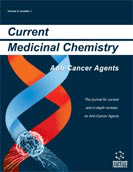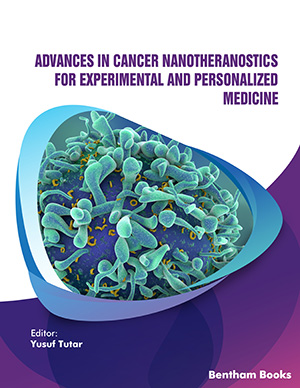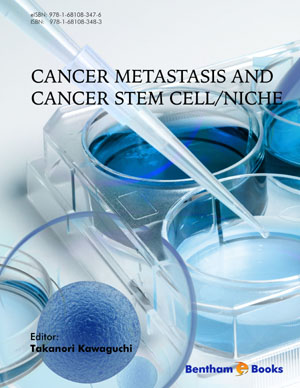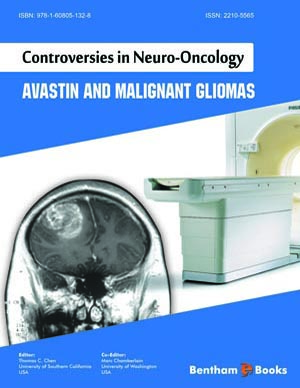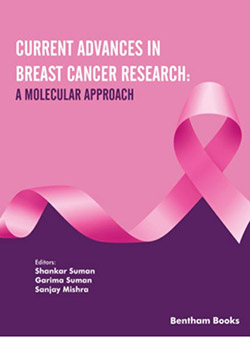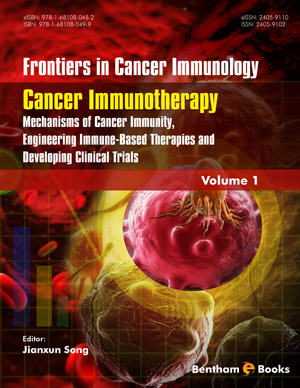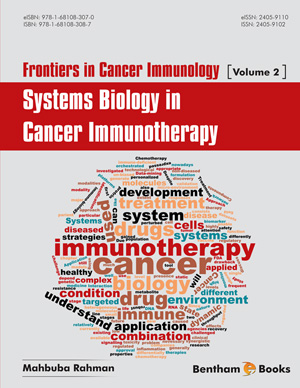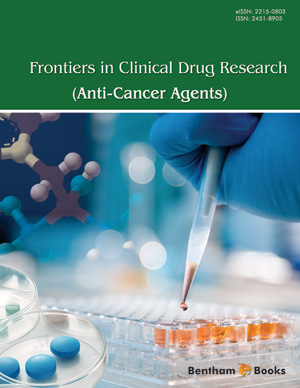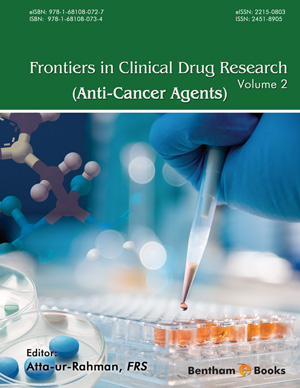Abstract
Antibody-drug conjugates (ADCs) are novel drugs that deliver a potent
cytotoxic payload to the tumor site, by exploiting the specificity of a monoclonal
antibody (mAb) to tumor antigens expressed on cancer cells. ADCs allow the delivery
of drugs to tumor cells or microenvironment while minimizing toxicity to normal
tissue. More than 80 ADCs worldwide are currently under clinical development, of
which nine have already received FDA approval. Molecular imaging can play a vital
role in evaluating the biodistribution and pharmacokinetics of ADCs for optimal patient
selection and early clinical trial development. This chapter provides an overview of
ADC structure and design, outlines approved ADCs, discusses the role of molecular
imaging in drug development, and highlights clinical and pre-clinical experience with
radiolabelled ADCs [1].
Keywords: Antibody, Antibody-drug conjugate, Diabody, Drug development, Molecular imaging, Target antigens.





